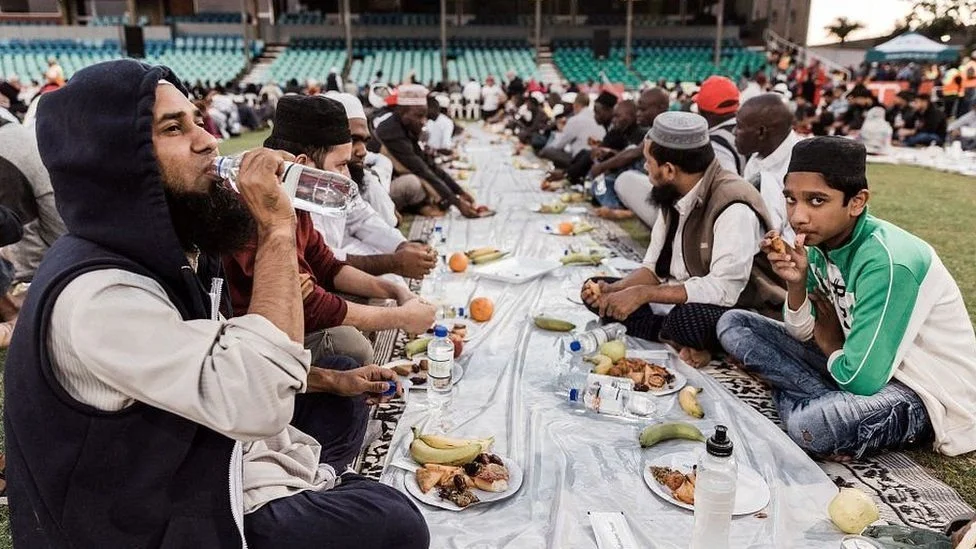“O ye who believe! fasting is prescribed for you, as it was prescribed for those before you, so that you may guard against evil.” (Al Quran 2:184)
Fasting, as the above quoted verse indicates, is a form of worship found universally in the world religions. Although, among the religions, there are vast differences regarding the mode of fasting and the conditions applied to it, the central idea of fasting is present everywhere.
Fasting in Islam is a highly developed institution. There is one full month, Ramadan, in every year in which fasting is prescribed for Muslims all over the world. As the month is a lunar month, so it keeps changing around the year in relation to the solar months. This creates a universal balance for the worshippers. As the lunar months keep rotating around the year, so Muslims in all parts of the world have some periods of easy fasting and some of arduous fasting.
Fasting in Islam begins everywhere at the first appearance of dawn and ends with sunset. During this period, one is expected to abstain from all food and drink completely. It is not just physical hunger and thirst that constitute the Muslim fast, but the nights prior to the beginning of the fast acquire a far more important character and play a central role in the institution of fasting. The Muslims wake up many hours before dawn for individual prayer and the remembrance of God. Also, the Holy Quran is recited in every Muslim house much more than in ordinary days. A greater part of the night is thus spent in spiritual exercises which make up the very essence of fasting.
During the day, apart from restraining from food and water, all Muslims are particularly exhorted to refrain from vain talk, quarrels, and fights, or from any such occupation as is below the dignity of a true believer. No indulgence in carnal pleasure is allowed; even husband and wife during the day lead separate lives, except for the formal human relationship common to all people.
In Islam, almsgiving, and care for the destitute is so highly emphasised that it becomes part of a Muslim’s daily life. However, when it comes to Ramadan, Muslims are required to redouble their efforts in this field. It is reported of the Holy Prophet Muhammad (on whom be peace and blessings of God) that spending in the cause of the poor was a routine daily practice with him which has been likened unto a breeze, never ceasing to bring comfort and solace to the needy. However, during Ramadan, that breeze seemed to pick up speed and began to blow like strong winds. Almsgiving and care for the destitute are so highly emphasised, that in no period during the year do Muslims engage in such philanthropic purposes as they do during the month of Ramadan.
The institution of fasting is extremely important because it cultivates the believer in almost every area of his spiritual life. Among other things, he learns through personal experience about what hunger, poverty, loneliness and discomforts mean to the less fortunate sections of society. Abstention from even such practices during the month of Ramadan as are permissible in everyday life plays a constructive role in refining the human character.– by Shafiq ur Rehman, Ahmadiyya Muslim Jama’at New Zealand




